In order to achieve the objective of ensuring a safe, predictable and trustworthy online environment, for the purpose of this Regulation the concept of ‘illegal content’ should broadly reflect the existing rules in the offline environment. In particular, the concept of ‘illegal content’ should be defined broadly to cover information relating to illegal content, products, services and activities. In particular, that concept should be understood to refer to information, irrespective of its form, that under the applicable law is either itself illegal, such as illegal hate speech or terrorist content and unlawful discriminatory content, or that the applicable rules render illegal in view of the fact that it relates to illegal activities. Illustrative examples include the sharing of images depicting child sexual abuse, the unlawful non-consensual sharing of private images, online stalking, the sale of non-compliant or counterfeit products, the sale of products or the provision of services in infringement of consumer protection law, the non-authorised use of copyright protected material, the illegal offer of accommodation services or the illegal sale of live animals. In contrast, an eyewitness video of a potential crime should not be considered to constitute illegal content, merely because it depicts an illegal act, where recording or disseminating such a video to the public is not illegal under national or Union law. In this regard, it is immaterial whether the illegality of the information or activity results from Union law or from national law that is in compliance with Union law and what the precise nature or subject matter is of the law in question.
